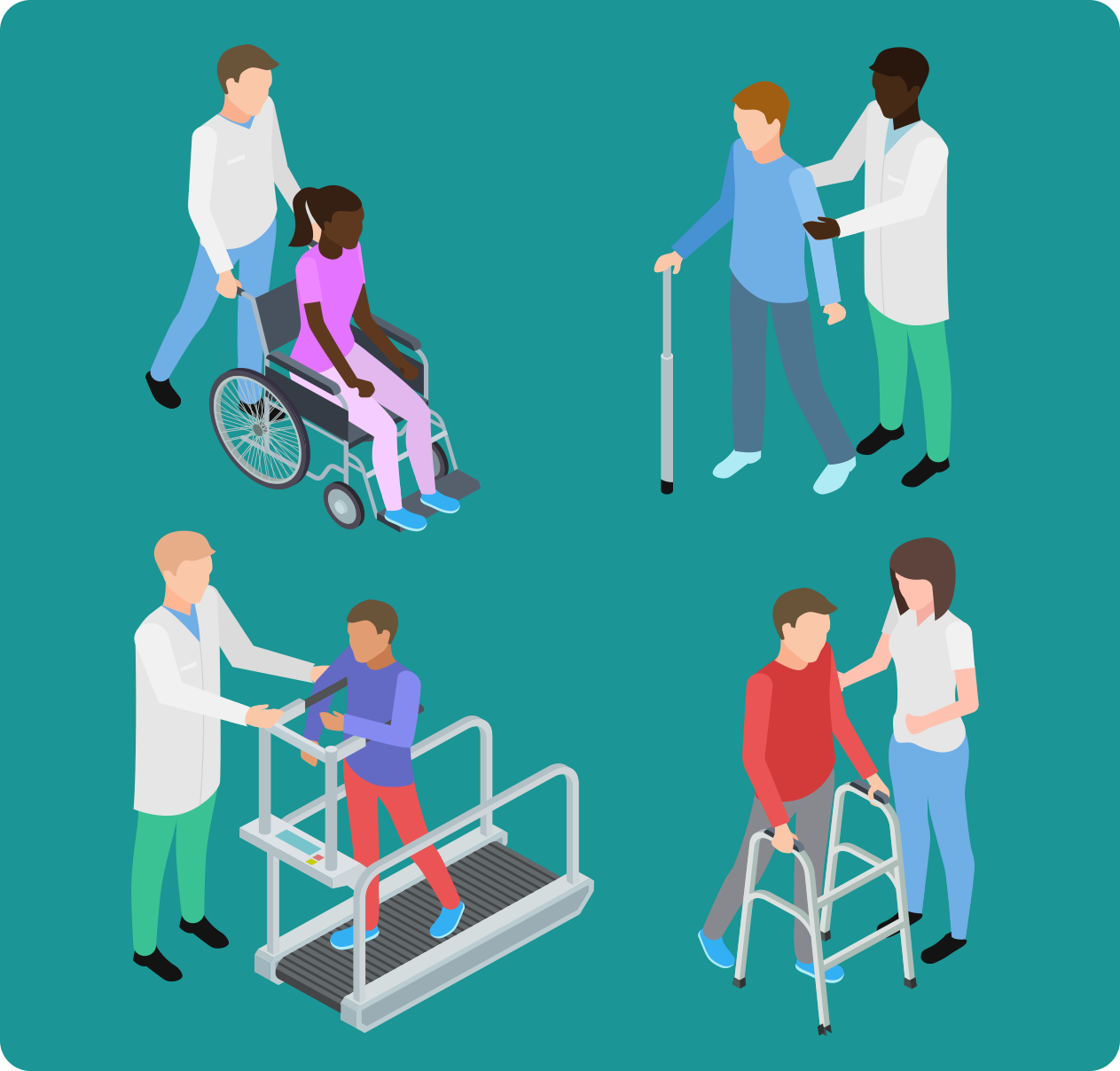Functional problems identified through functional assessment such as the International Classification of functioning, Disability and Health (ICF).
Who’s it for?
Rehabilitation providers

Goal setting is at the heart of rehabilitation and there is a wide literature examining the components of goal setting and how these can be applied across different settings and clinical providers. Best-practice goal setting can be elusive in clinical practice, due to differing approaches and terminology, and the time it takes to do it thoroughly.
Goal Manager is designed to automates and streamlines key goal setting processes in healthcare rehabilitation, from the completion of a comprehensive functional assessment, to setting goals using Goal Attainment Scaling (GAS) and SMART objectives i.e., the individual steps taken towards achieving those goals, detailed in a way that is specific and comments on their measurement, achievability, relevance, and time constraints.
Whether you are a physiotherapist, occupational therapist, psychologist, speech and language therapist, or a large multidisciplinary service, there are universal components to best practice goal-setting which are outlined in Figure 1, with a clinical example presented in Figure 2. Goal Manager is designed to reduce administrative demands at every step of this process. All of Goal Managers components can be used individually as well as together, providing flexibility for rehabilitation providers to integrate Goal Manager into their practice according to the individual needs of the service.
-
-
Broad aims for the client’s rehabilitiation and life are set according to goal Attainment scaling (GAS) which will be worked towards by the whole team.
-
The step that each clinician is going to take towards helping the client achieve the goal are outlined as objectives following the SMART framework.
-
Therapists’ clinical aims for the client within the context of their objectives.
-
Impairments in Memory Functions (b144), Higher-lebel cognitive functions (b164) and Carrying out daily routine (d230).
-
[Client]’s life will not be regularly impacted by difficulties with memory and organisation.
-
To complete an 8-week programme exploring cognitive strategies, measured by executive functioning assessments, clinical report back to MDT and client reports of use of strategies in practice.
-
[Client’ will develop external memory strategies that they are able to consistently use for prospective memory, such as use of planners and smart phone apps. [Client] will practice external memory strategies within sessions and with real world scenarios.
 - Our new brand is launching soon - Stay tuned for a fresh look and enhanced
experience!
- Our new brand is launching soon - Stay tuned for a fresh look and enhanced
experience!
